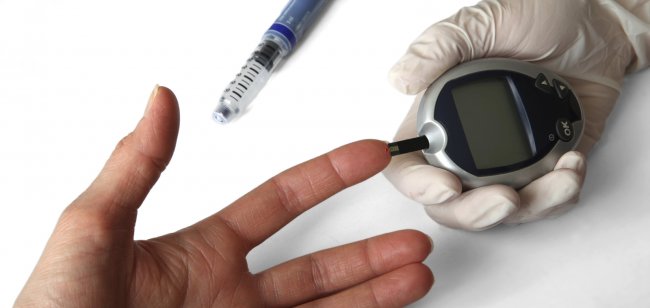Natural Supplements with Altai Balance to Increase Glucose Levels
The main treatment for adult-onset-diabetes is a proper diet. There are no drugs, herbs or supplements that will compensate for a poor diet. While the demand for nutritional supplements in a diabetic is not any different to the needs of others, dietary guidelines reveal many adults do not get enough of the essential minerals and vitamins. These ideas might help you to get the vitamins you need from food too:

- Eat an assortment of vegetables and fruit. The brighter, darker collared ones are more nutrient dense, they provide more vitamins and minerals
- Eat more raw and unprocessed vegetables and fruit
- Chose starchy foods, go for whole-wheat or whole-grains such as cereals, brown rice, whole wheat pasta and barley
- Eat beans, (peas, beans and lentils), frequently. Use them in soups or bean cakes or add them in tossed salads
- Eat or drink several salt servings every day, like Low-fat milk, cheese or yogurt
Many of the supplements available do promise to resolve a variety of Diabetes-related health problems and people with altai balance do take them. Many claim to help decrease your glucose levels. Some physicians say to prevent them others say they can have a role in managing your glucose levels. The problem is many of these treatments have not been tested up to conventional medications.
- Chromium is stated to Lower blood glucose levels. Several studies are in progress to find out whether it is effective for those who have high blood sugars.
- Alpha-Lipoic Acid (ALA) benefits include enhancing insulin sensitivity and lowering blood sugars. A number of studies have shown ALA reduces the pain of nerve disease too.
- Vanadium may behave like insulin and help make insulin receptors better able to utilize glucose.
- Magnesium is a mineral involved in the breakdown of carbohydrates and enhanced insulin action. Low levels of magnesium have been associated with high blood glucose levels.
Always take care when choosing supplements as big doses are also potentially toxic. Some supplements may also interact with other supplements or prescribed drugs. Do not be afraid to tell your medical care provider about the supplements you are taking so he can direct you with how they will influence your adult-onset-diabetes diabetes and glucose levels.
If you think you have nutritional gaps in your diet, why not begin with a multivitamin and mineral supplement. Along with eating a variety of healthful foods, this actually covers any gaps you might have in nutrition.
It can be difficult to sort through the options and find out if there are supplements that can actually improve your blood glucose.